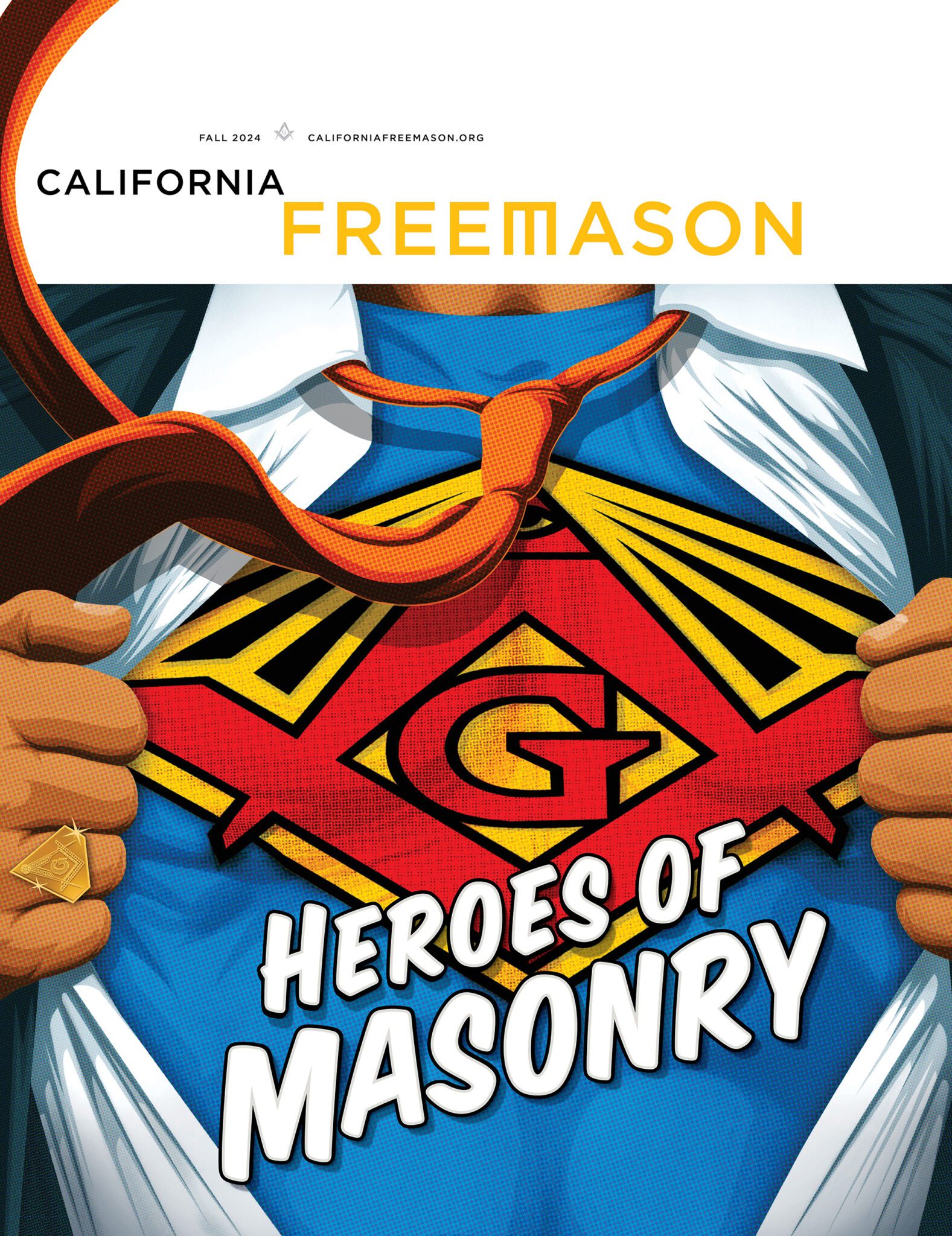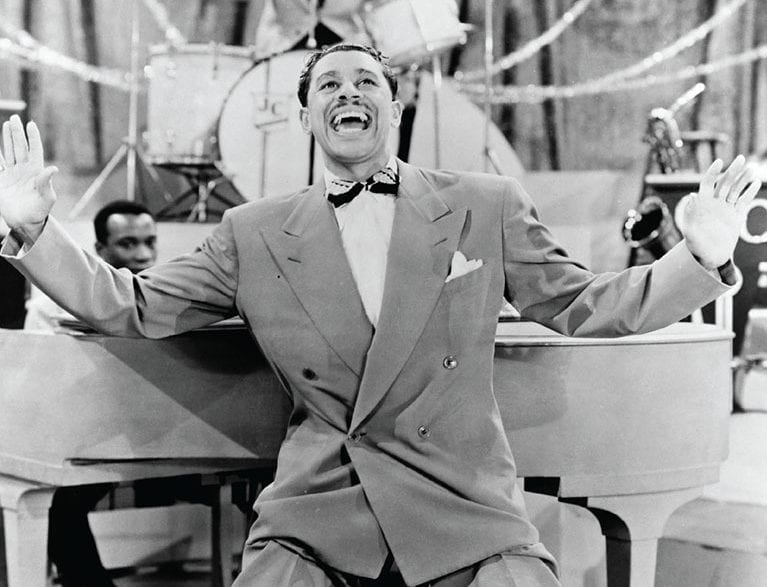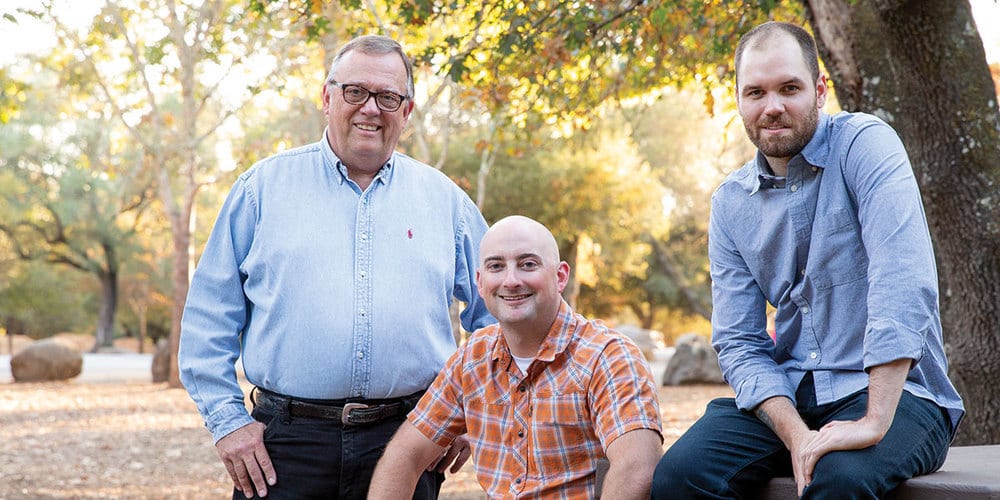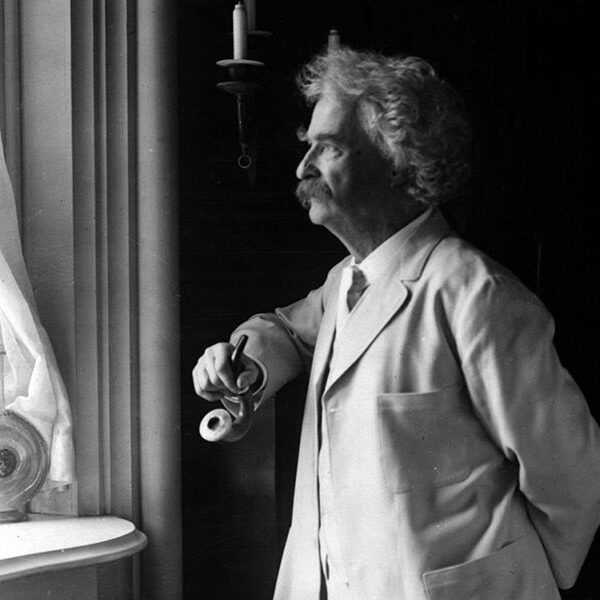
MASONIC EDUCATION
A FRIEND AND BROTHER
THE IMPORTANT ROLE OF MASONIC FRIENDSHIPS IS ENSHRINED IN THE INITIATION
By John L. Cooper III, Past Grand Master
The initiatic process of becoming a Freemason is one filled with symbols, some of which are easier to interpret than others. It is easy to see the symbolism in the working tools of a stonemason, as, for example, when we present the new Entered Apprentice with a stonemason’s hammer, known as the “common gavel,” and a measuring stick, which we call a “twenty-four inch gauge.”
We explain to the new Mason that he is to use the hammer metaphorically, shaping his life as he would a block of stone, by “breaking off and deleting” any habits in his life that are hindering him from becoming a better person. The gauge reminds him that he has only 24 hours each day to accomplish all the things he may want to do.
A more obscure symbol in the initiatic process requires a little more consideration to grasp its true meaning. In our present ritual, the senior deacon is the candidate’s conductor through the degree. The lecture, which follows the degree, explains that his conductor was a “true and trusty friend, on whose fidelity [he] could, with the utmost confidence, rely.”
This statement refers to a much earlier tradition – a time before deacons were common officers of the lodge – when the candidate’s conductor was his sponsor into Freemasonry. The Entered Apprentice degree teaches, in part, that in order to make progress in life we must trust others to lead us when we cannot otherwise know the way forward. The person leading us is often a “conductor,” or someone who serves as a guide.

Another term for guide in Freemasonry is “mentor.” A Masonic mentor is someone who conducts us through the process of understanding the meaning and importance of Freemasonry, not only in the abstract, but for each of us personally. A mentor can be the man who signed our petition to the lodge, and often should be. He can also be another “friend and brother” with whom the candidate is closely connected. He can, of course, be the senior deacon, and in many lodges the senior deacon takes the responsibility of mentoring candidates very seriously.
In addition to conducting the candidate through the ritual itself, the senior deacon is often assigned the important task of asking the ritualistic questions required of the candidate before he can advance to the next degree. Both of these responsibilities are metaphorically related to the deeper symbolism that every Mason needs a friend and brother with whom he has a personal relationship and through whose friendship he will learn the very important Masonic understanding of friendship.
Most Masonic degrees include someone who fulfills the role of conductor, and the symbolic meaning is the same. In the Royal Arch Degree this role is assigned to the principal sojourner, whose duties are defined as “to bring the blind by a way that they knew not; to lead them in paths that they have not known; to make darkness light before them, and crooked things straight; these things to do unto them, and not forsake them.” Those words are but an expansion on the duties of the senior deacon, and by extension, of the duties of a Masonic mentor. We are each of us often blind to the duties we owe to God, our country, our neighbor, or ourselves.
A mentor, a friend and brother on whose faithfulness we can, with the utmost confidence, rely, helps us to see those duties. He is expected to lead each one of us by a way that we knew not before the doors of Freemasonry opened a new vista to us. He is expected to make darkness light before us, and crooked things straight. And, above all, he is never to forsake us.
The role of a mentor who is a friend and brother is one of the most important responsibilities in Freemasonry. Mentors, and those whom they lead in Freemasonry, often develop a strong bond of friendship that lasts through many years. This is the secret that causes “true Friendship among Persons that must else have remain’d at a perpetual Distance,” as the Constitutions of 1723 state it. Being a friend and brother is the heart and soul of Freemasonry.
FOR YOUR CONSIDERATION
Longtime members and new brothers can use these questions as the starting point for a discussion in lodge, or in one-on-one conversations.
- How do you define “Masonic friendship?” How do “Masonic friendships” differ from friendships you have outside the lodge? Why are they different?
- The role of the senior deacon in leading a candidate through the first degree ritual used to be performed by the candidate’s sponsor. How might this experience have been different for you, if you had been conducted by your sponsor? What value does it provide for the senior deacon to perform this role?
- How does the experience of the Masonic initiation develop bonds of trust between the candidate and his lodge? How might you and your lodge enhance this experience?
- Most Worshipful Cooper writes, “every Mason needs a friend and brother with whom he has a personal relationship and through whose friendship he will learn the very important Masonic understanding of friendship.” Which brother has played this role for you? What have you learned from him?
More from this issue:

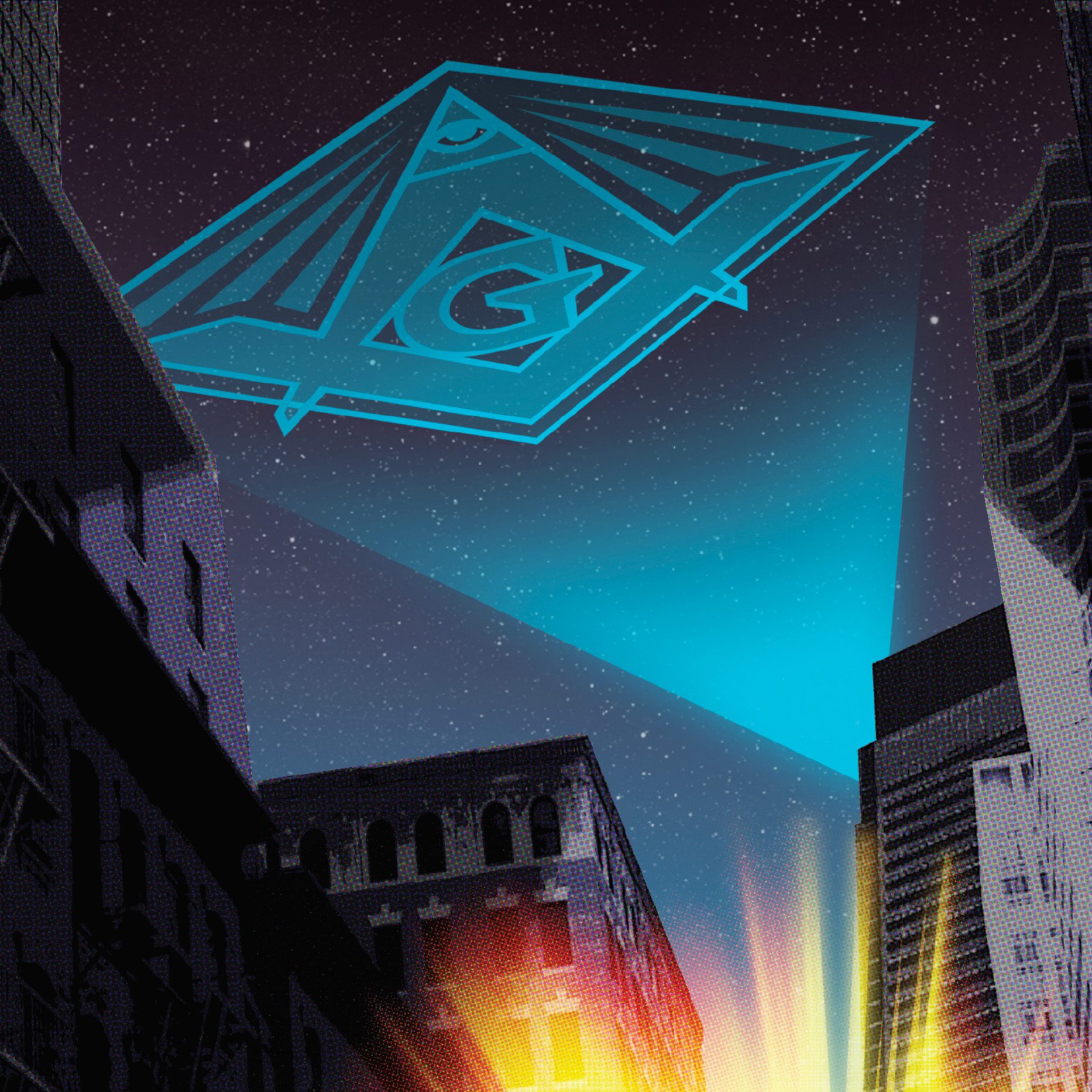
The Heroes of Masonry: They Wear Aprons, Not Capes
Celebrating the best and brightest of Freemasonry in California.
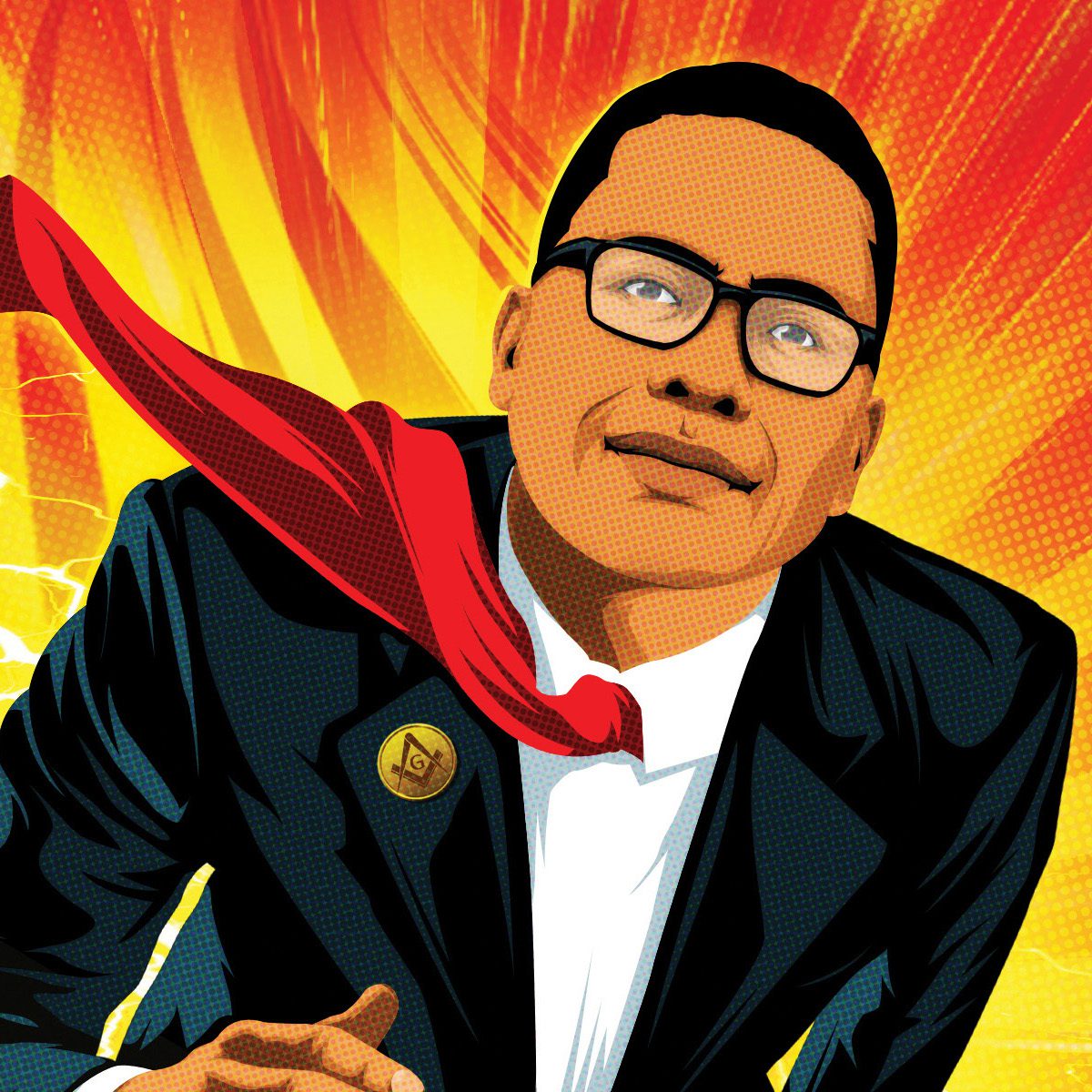
The Exemplars: Meet the 2024 California Masons of the Year
Dennis Caoile and Henry Dosdorian, the 2024 Masons of the Year, demonstrate that the common denominator of Freemasonry is service to others.
